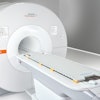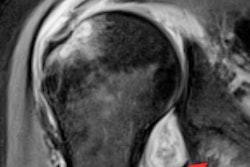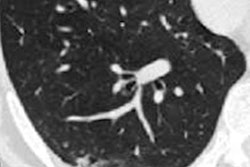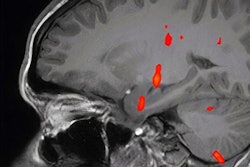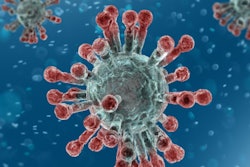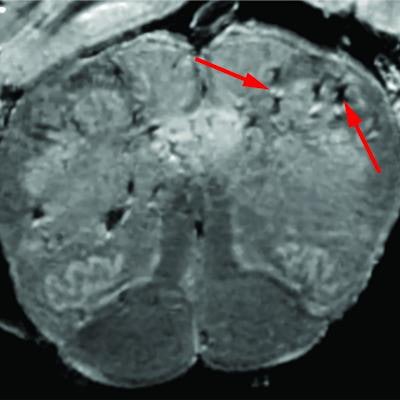
A study conducted by a team of researchers from the U.S. National Institutes of Health (NIH) found brain damage in patients who died of COVID-19 but no signs of SARS-CoV-2 in tissue samples. The research was published December 30 in the New England Journal of Medicine.
The study results suggest that the brain damage "was not caused by a direct viral attack," senior author Dr. Avindra Nath said in a statement released by the NIH.
"We found that the brains of patients who contract infection from SARS-CoV-2 may be susceptible to microvascular blood vessel damage," Nath said. "Our results suggest that this may be caused by the body's inflammatory response to the virus."
Although COVID-19 primarily manifests in the respiratory system, patients also experience neurological complications. The reason for these complications isn't yet understood, the group noted. Using MRI, the team examined brain tissue samples from 19 patients who died of COVID-19 between March and July 2020. The researchers focused particularly on the olfactory bulbs and brainstems of each patient.
The MRI scans revealed hyperintensities and hypointensities, which the investigators then examined more closely under a microscope. The hyperintensities had blood vessels thinner than normal and that sometimes leaked proteins into the brain, which triggered an immune reaction. The hypointensities included clotted and leaky blood vessels but no immune response.
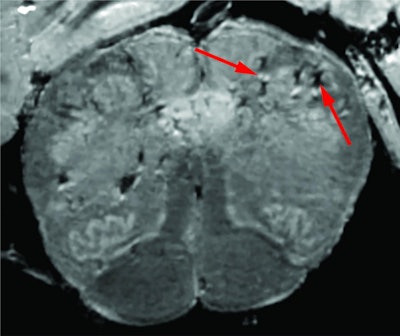 High-resolution MRI scan of a patient's brain stem. Arrows point to light and dark spots that are indicative of blood vessel damage observed in the study. Image courtesy of the NIH.
High-resolution MRI scan of a patient's brain stem. Arrows point to light and dark spots that are indicative of blood vessel damage observed in the study. Image courtesy of the NIH.Nath and colleagues found no signs of SARS-CoV-2 infection in the tissue samples.
"Originally, we expected to see damage that is caused by a lack of oxygen. Instead, we saw multifocal areas of damage that [are] usually associated with strokes and neuroinflammatory diseases," Nath said in the NIH statement. "In the future, we plan to study how COVID-19 harms the brain's blood vessels and whether that produces some of the short- and long-term symptoms we see in patients."


